Develop an understanding of how special education is funded across the nation and identify different sources that may be used to fund TeachTown.

Specially designed instruction and services are expensive. Highly qualified special education teachers, related service professionals, assistive technology, and adapted core curriculum are a few examples. Nationally, these cost billions of dollars every year.
Federal Funding for special education programming comes primarily from two sources: the Individuals with Disabilities Education Act (IDEA), which provides the bulk of the funding, and the Every Student Succeeds Act (ESSA). The onset of the coronavirus pandemic in the spring of 2020 brought a third – and time-limited – source of federal funding for special education programming through the Elementary and Secondary School Emergency Relief (ESSER) Funds, which are quickly coming to an end.
State laws and State Education Agencies (SEAs) determine funding through funding formulas. State grants are funded and distributed by individual state governments to support education programs within their respective states. These grants are tailored to address the specific needs and priorities of the state’s education system.
Local Education Agency (LEA) funding is derived from the state’s public education funding formula. LEAs may leverage revenue from taxes levied on property, goods, and services, and they may also contribute additional funds above required amounts of funding formulas.
State and local funding varies from state to state.
IDEA is America’s special education law and it works as a grants-to-states statute. This means IDEA provides federal funding for the “education of children with disabilities and requires, as a condition of the receipt of such funds, that states agree to provide a free and appropriate public education (FAPE) to every eligible child.” To access FAPE, students may require a range of services, from consultative support on a monthly basis to intensive, daily wraparound services in a full-time special education setting. IDEA provides the funding for these supports.
Part B of IDEA can be used to purchase TeachTown solutions and Part D of IDEA can support TeachTown professional development opportunities (virtual or in-person coaching and training).
*Note: the title grants include other provisions than what are noted here. Key points specific to TeachTown are identified.
Investing in the right curriculum is worth it for teachers and it is worth it for students.
TeachTown offers students with moderate to severe disabilities equitable and inclusive access to the general education curriculum with an adapted core curriculum and a suite of supporting interventions that address the academic, adaptive, and behavioral needs of each student.
Developed by a team of BCBAs, PhDs, SLPs, and veteran educators, enCORE offers adapted grade aligned content, high-quality, differentiated literature with visual supports, and integrated technology.

enCORE is an advanced blended learning model with a 2-pronged approach:
In addition, enCORE is backed by the most current research on how this complex student population learns best, including ABA, systematic and explicit instruction, and the Science of Reading (for the ELA domain). Lesson plans are comprehensive, differentiated, and scripted, providing teachers with a step-by-step guide for implementation.
Student data is integrated into one reporting platform, which analyzes student performance by domain and skill, IEP goals, and state standards. Data shows enCORE drives a nearly 70% growth rate from pretest to posttest across units of instruction.
Alignment is foundational to enCORE — curriculum is aligned to standards and end-of-unit assessments are aligned to instruction within each unit. The scope, sequence, and instructional scaffold allow educators to monitor student progress on skills across academic domains using one assessment for all students. Based on student response, the assessment indicates the level of support or understanding of the content prior to instruction, helping to guide instructional decisions and pacing.
enCORE does it all because the most complex learners – and their teachers – need it all. Additionally, we created our standards-based, adapted core curriculum, enCORE, alongside our key, supporting interventions to address the adaptive, social, and behavioral needs of students.
enCORE and our supporting interventions deliver a whole child approach. We help you measurably improve the academic, behavioral and adaptive skills of your students—from Pre-K through the transition years.
Prioritize your special education funds with what matters most: taking care of students and teachers.

Our special education curriculum software has been nationally recognized for driving growth in students with moderate to severe disabilities.

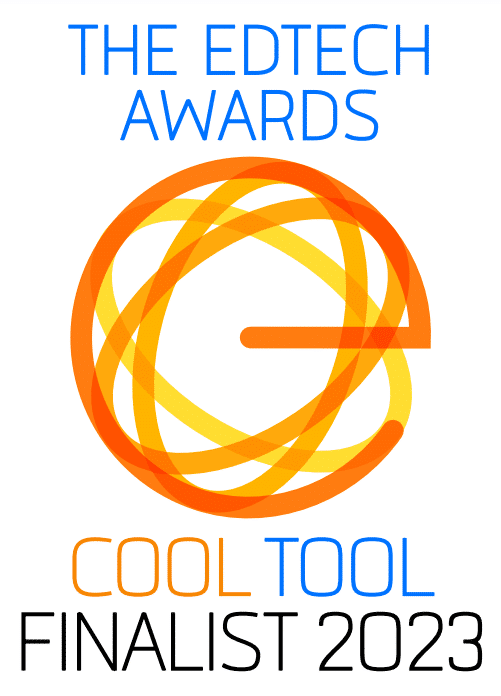
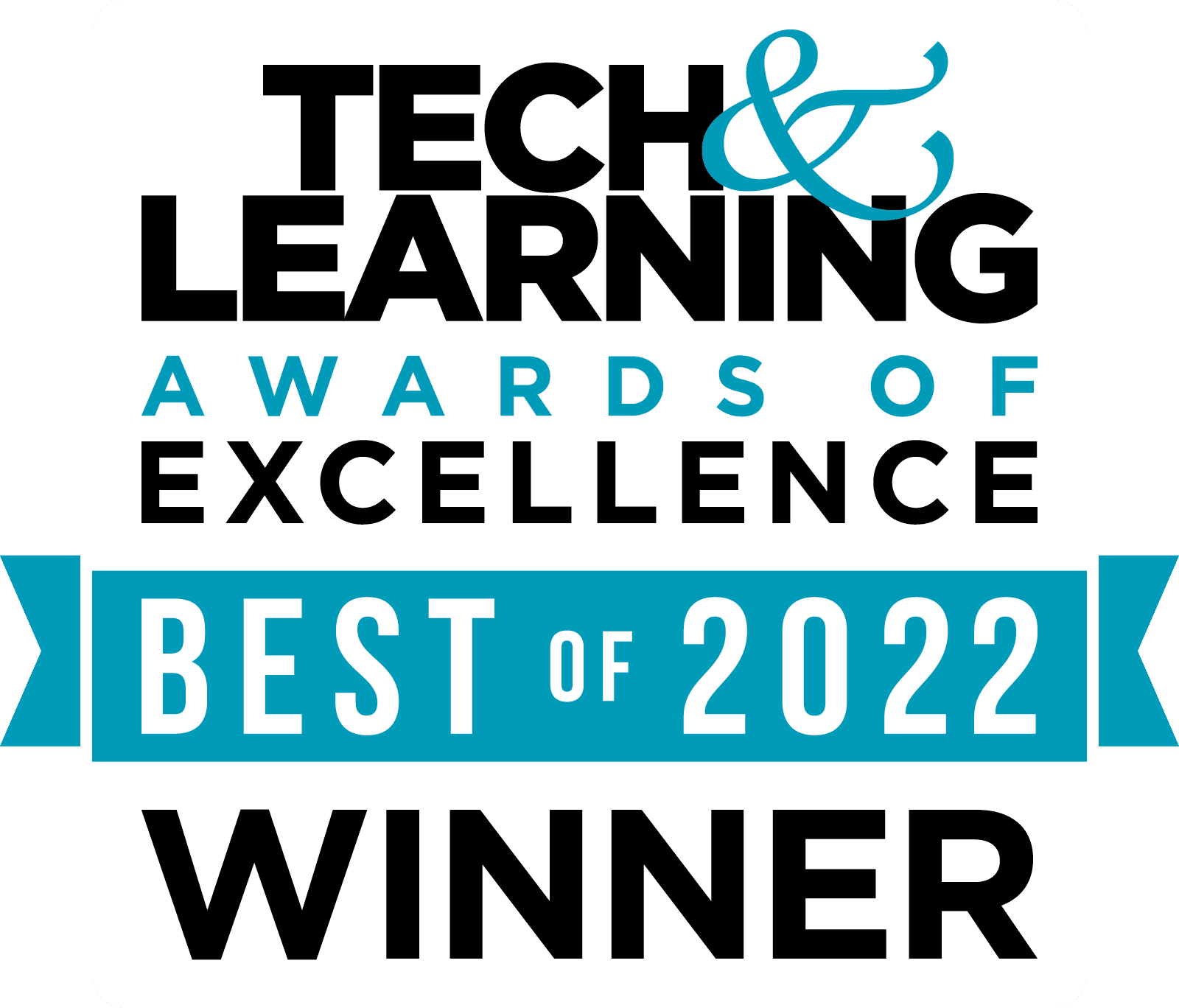
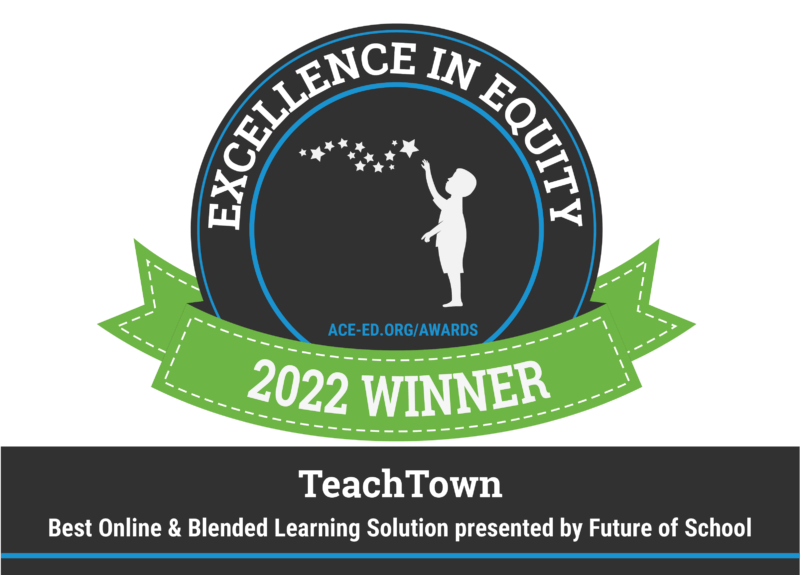
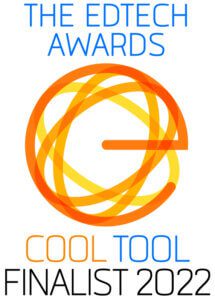
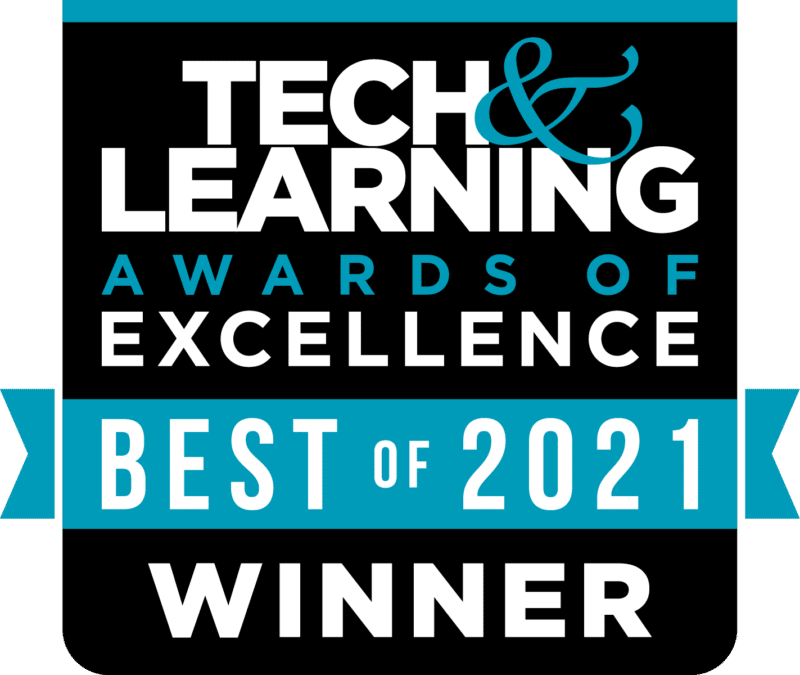
Browse TeachTown’s suite of special education solutions and see firsthand why thousands of special educators rely on TeachTown to measurably improve students’ academic, behavioral, and adaptive skills – from Pre-K through the transition years.